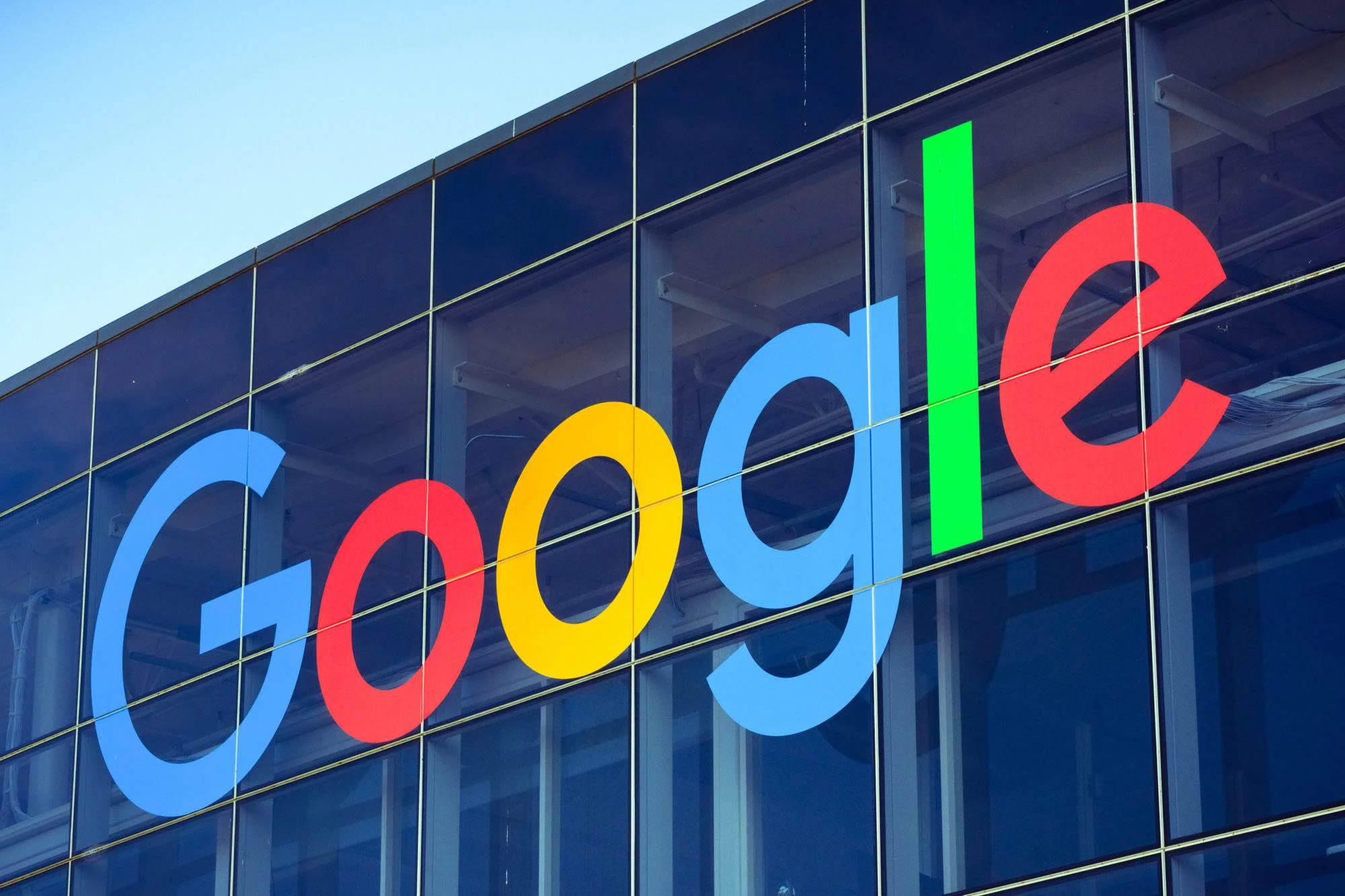The European Union launched investigations on Monday into Apple, Google‘s parent company Alphabet, and Meta, marking the inception of inquiries under a sweeping digital legislation, potentially resulting in substantial penalties for these American corporate giants.
Since March 7, six firms identified as market “gatekeepers” under the EU’s groundbreaking Digital Markets Act – including Amazon, ByteDance, the parent company of TikTok, and Microsoft – have been required to abide by the new regulations.
“We are not convinced that the solutions by Alphabet, Apple and Meta respect their obligations for a fairer and more open digital space for European citizens and businesses,” said the EU’s internal market commissioner, Thierry Breton.
In a statement disclosing the probes, the European Commission, the EU’s watchdog for antitrust affairs, suggested that it doubts the adequacy of the measures implemented by the firms thus far to ensure effective compliance.
A prominent tech lobbying organization, CCIA, comprising members including the three major corporations under scrutiny, vehemently criticized the investigations, alleging that the EU had “acted prematurely” and rushed into action.
The EU’s competition commissioner, Margrethe Vestager, affirmed that regulators had “clearly” not acted hastily in commencing investigations into the companies.
Read also: Consumer Privacy Suit: Google Agrees To $5bn Settlement
High-ranking authorities have recognized the ongoing shifts, yet maintain that they fall short of sufficient reform. According to the updated protocols, the governing body is authorized to levy fines up to 10 percent of a corporation’s worldwide income, with the possibility of doubling to 20 percent for recurrent breaches.
Under extreme circumstances, the EU has the power to mandate the breakup of companies. Unlike the previous norms characterized by investigations dragging on for years, the DMA stipulates that regulators must wrap up any inquiry within 12 months of commencement.
The investigations launched on Monday are aimed at determining whether Alphabet’s Google Play and Apple’s App Store are enabling app developers to showcase complimentary offers to consumers outside the confines of their app marketplaces.
The commission is apprehensive that the steps taken by the two companies may not fully adhere to regulations, as they impose “a range of restrictions and limitations.”
Additionally, Alphabet is under investigation for whether Google search results prioritize its own services — such as Google Shopping or Google Flights — over competitors. In 2017, the EU imposed a massive 2.4-billion-euro ($2.6 billion) fine on Google for comparable allegations of self-preference.
Google’s director of competition, Oliver Bethell, said Google had made “significant changes to the way our services operate in Europe”, adding: “We will continue to defend our approach in the coming months.”
Apple said it was “confident” its plan complied with the DMA. Apple is also under the spotlight over whether it allows users to easily uninstall apps on its iOS operating system, and the design of the web browser choice screen.
The DMA stipulates that gatekeepers must provide choice screens for web browsers and search engines to diversify user options. Additionally, Meta is dealing with challenges related to its ad-free subscriptions model, which has already garnered three complaints since its launch in November.
European users can pay to avoid being tracked for advertising but officials were not convinced.
“We have serious doubts that this consent is really free when you are confronted with a binary choice,” Breton told reporters.
Meta has faced an avalanche of legal problems in the EU over its data processing, including a 1.2 billion-euro fine last year for data privacy breaches.
Meta defended its scheme. “We designed Subscription for No Ads to address several overlapping regulatory obligations, including the DMA,” a spokesperson said.

